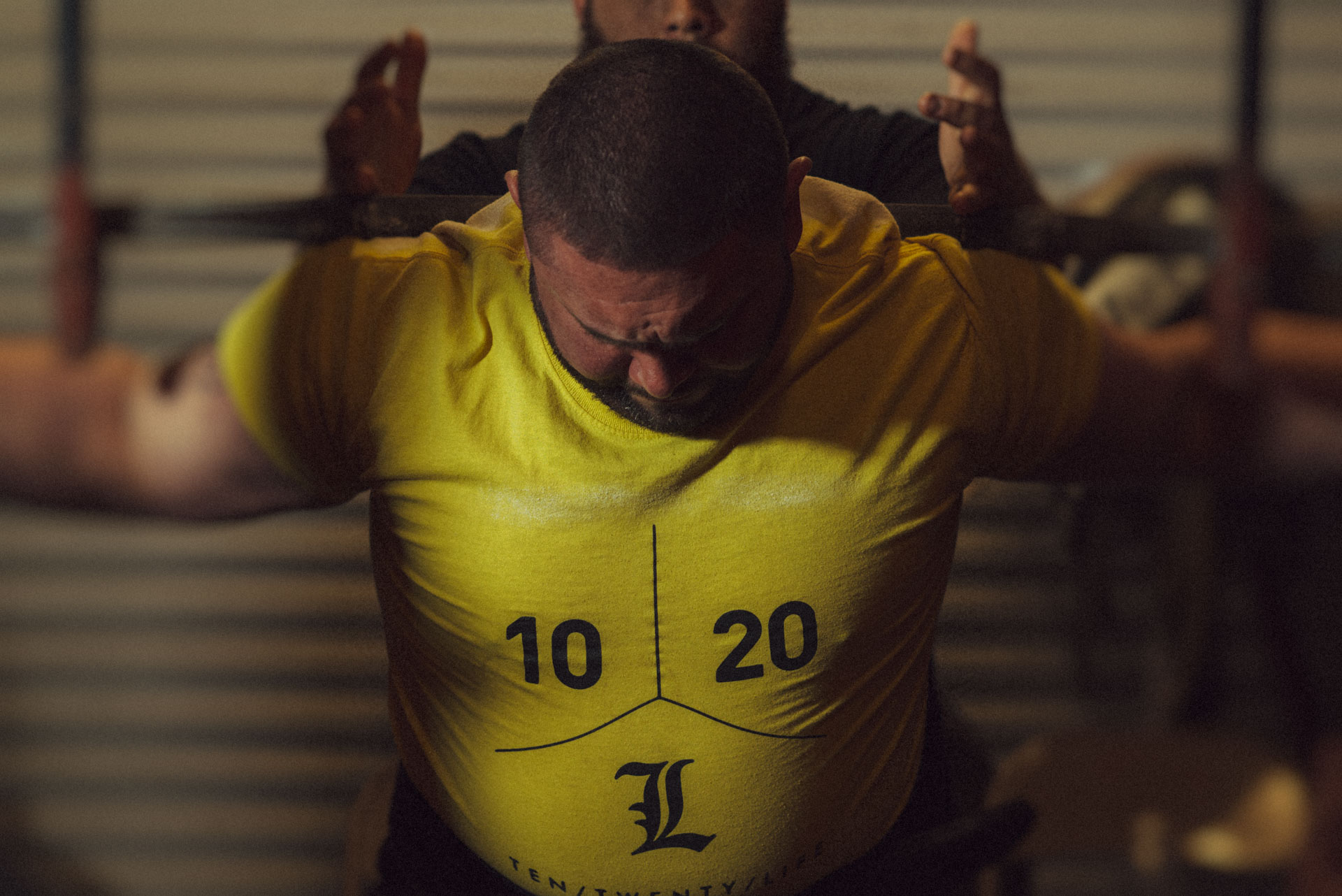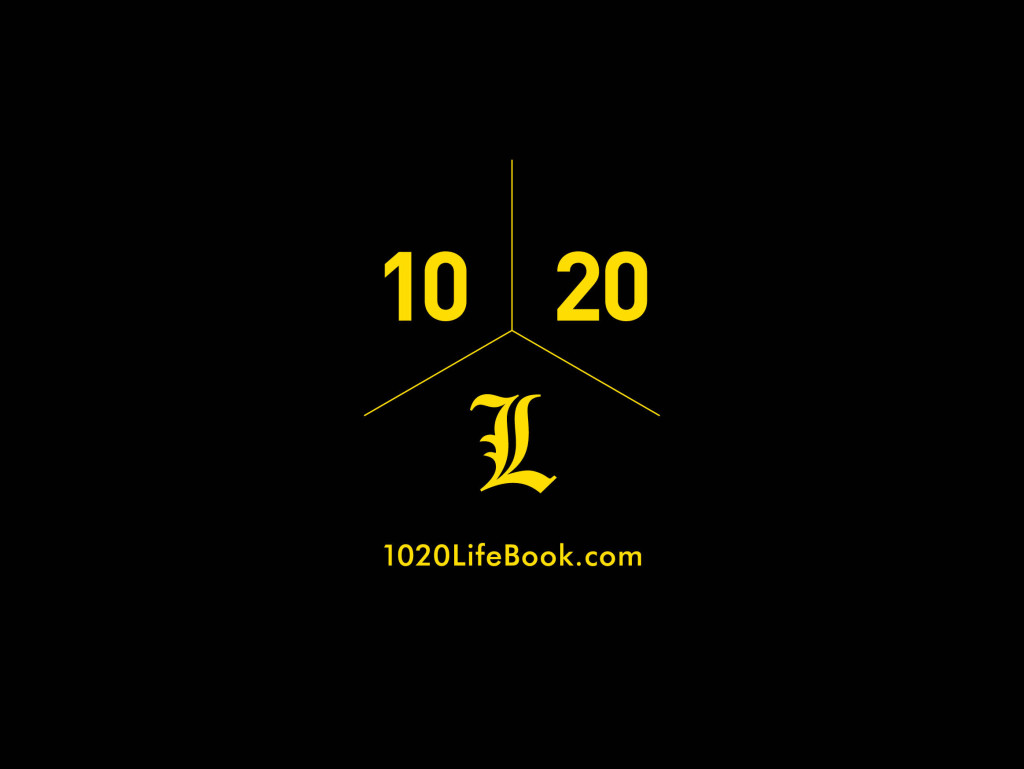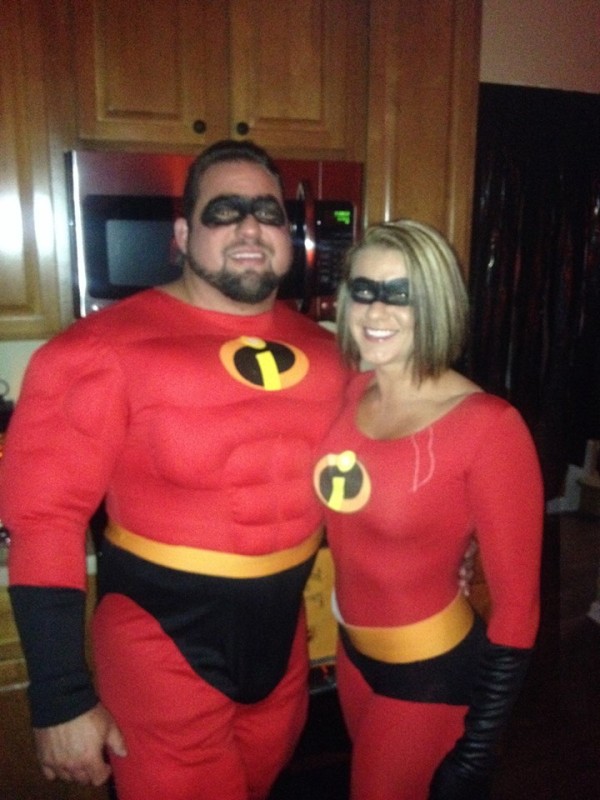
26 May 10/20/Life BEYOND Lifting
By: Brian Carroll
Our Passion
We all know that our families are proud of us, and really like to see us be successful (most of the time some can be bastards, I know this and so do you). Believe it or not, they do not care about your goals (whatever they may be) nearly as much as you do; they are dealing with it with their support.
Some couldn’t care less, it annoys them and they are, in all likelihood, sick of your shit, especially if you have some time in lifting, or any sport for that matter. Constantly hearing about your mindless competition ups and downs and endless training going on for five hours when you are gone three to four times a week.
They deal with your injuries, the peaks and valleys, and the bullshit that comes with “our” passion. Don’t forget the temper tantrums we throw when things don’t go our way, or when we have a bad training day or a meet that didn’t go as planned. In some cases, to our family, our “wins” are never as sweet as the “failures and losses” are sour. We are never satisfied and constantly want better. This is the mindset of a champion and it takes a certain type of person, and a certain type of partner/family to support that.

Their Perspective
In their eyes, it’s all for a couple hundred dollars of prize money (if you are lucky), maybe a sponsor to help support your passion and for the thrill of competition. In many of their viewpoints they think “They put their life, and health, in danger, all for basically nothing. They spend money on Chiropractic care and the potential for major injury is real.”
Does that make them selfish? No it does not. Aside from your selfish goals that take away your time from them, your health (most of the time) and all of the moodiness that comes with trying to be the best at what you do will get old to them at times. It has the potential to destroy relationships and could create resentment. I know because I’ve done it, I’ve went through quite a few relationships over the years due to my one-track mind. I’ve treated people like crap when competitions have gone awry or I’ve failed at things. That is never easy to go through.
Now what?
So, what do you do to make this work? You have to keep those 2 lives as separate as possible, even though it can be very difficult. Much like a Police Officer needs to be when he comes home after a shift. He is no longer a Cop; he is a husband, a dad, a caregiver, and part of a family.
You live the 10/20/Life where you have down time in your life away from the insanity and constant intensity of competing, battling, pushing and grinding year in and year out. I go into much greater length in the book; you are still training in this “down time”, but you are not making training your #1 priority in your day, all the time. You still put your work in by attacking your weak points, getting better at something every day, but you have more of a “balanced approach”, much like an NFL or MLB player. They have a long season where they need to be focused and ready to play. After the season, they have an offseason, where they have down time and get to back off a bit. They work to improve, but it’s generally not comparable to the regular season where they are constantly at practice, in film or traveling.
How You Make Up For It
You do things that you normally wouldn’t have time to do and make up for all of your selfish time you have stolen from your family and friends. Travel more, eat foods that you typically would shun in pre-contest mode, spend time with those you don’t get to see much. Trust me; this is more of a reality than ever after losing my good friend Bob. Do not take time with loved ones and friends for granted. There are always exceptions. Many people that are great at what they do when their plan is locked in for their contest: train, work, eat, sleep, and repeat. Every couple of days they’ll throw their wife, or husband, a bone and actually interact with them or spend “normal time” with them.
You learn to give back and make up for being an ass during your contest prep. You can take that vacation you want to go on or take a weekend trip together. Do anything with your family and simply be a normal family member during this time. You are there both mentally and physically, and that goes a long way to create balance. I totally understand that you will never be totally balanced, but you can do your best to make up for this at this time in the offseason. You have to give them an out. This is a way for them to have something to look forward to instead of the usual travel to hotels to watch you compete.
Training in Offseason
Like I touched on earlier you’re still training during the offseason, but you’re not throwing people in the weeds to get your training session in.
This is why the RPE system is PERFECT for the offseason. Depending on what you have going on, and where you are at the moment the RPE system is the perfect way to monitor intensity. If you’re on vacation in Jamaica and you only have access to a rusty bar with a 10 foot walk out for squats and the floor is some horrible concrete that has ridges and bumps; RPE never changes, only the amount of weight on the bar. It is perfect for adapting to you how you are feeling, your environment, your current strength levels and so much more. You don’t have to worry about how much weight you lift at all times, like the obsessive nutcase you are in pre-contest mode. All you need to be worried about is getting your work in at the scheduled RPE intensity level, attack your weak points, according to the weak point chart, and you’re set.
3 days per week and you are done for the week.
My Conclusion, In My Experience
Just try not to be 24/7/365 passionate ONLY about your hobby/sport/activity.
I promise you one thing; you have a great chance at being better at what you do, even if you just let off the gas for a few weeks here and there. Down time and stepping away will really allow you to gain perspective and possibly even a better game plan and approach to your goals, instead of spinning your wheels and burning the candle at both ends. This typically doesn’t end well very often.
Think how much better it will be if you can win over the support of your family, and significant other, to actually work with you and not against you. That is not always possible, but if you approach your training with this perspective, I am willing to bet that your chances will actually improve.
Give it a try; what do you really have to lose? While we are at it, what do you have to gain by a healthy perspective and a solid plan to get you there?
Brian Carroll
Latest posts by Brian Carroll (see all)
- Quick Rant: Core Exercises - July 26, 2024
- Physical Therapy Fails for Back Pain - July 25, 2024
- Quick Rant: Physical Therapists - July 19, 2024






Sorry, the comment form is closed at this time.